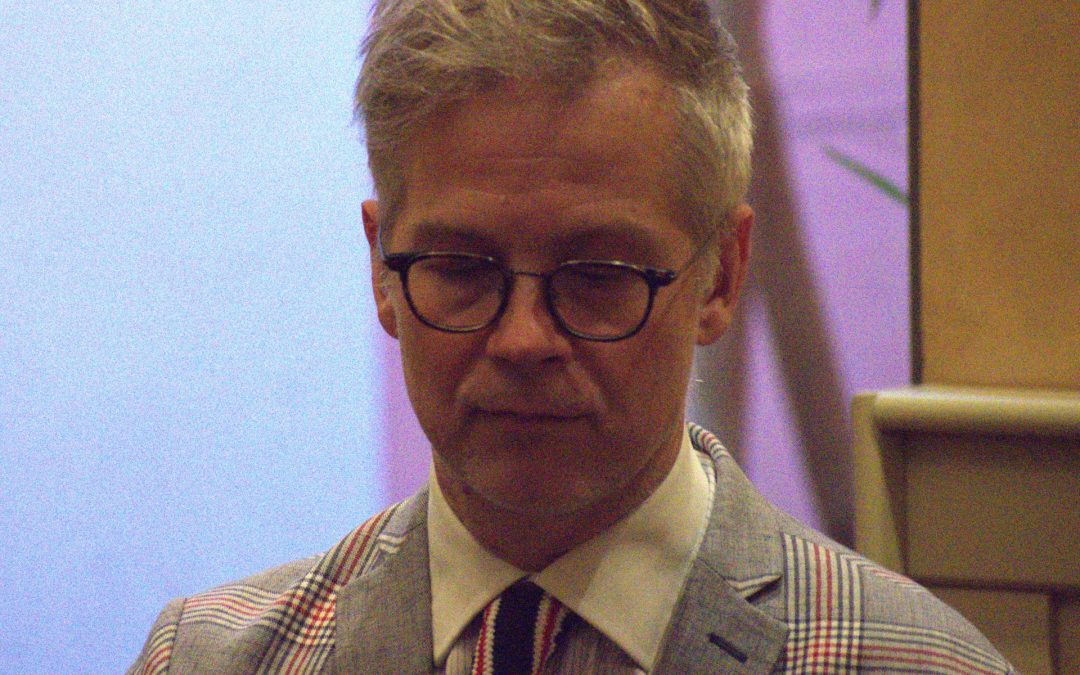Ptuj – In the town of Ptuj in northeastern Slovenia, one of the main Slovenian cultural festivals, Days of Poetry and Wine, opened on Thursday with the reading of an open letter to Europe. By reading the open letter to Europe, the festival’s organizers have been highlighting pressing issues in recent years. Polish poet Jacek Dehnel this time pointed out the issue of artificial intelligence in literature.
Dehnel said that the fact that the EU has not yet legally addressed the issue of artificial intelligence is seen as one of the biggest cultural threats we face, as it is a global process, “the seriousness of which we are not even able to comprehend today”. “Literature – and art more broadly – has always been a way for societies to communicate with themselves, a form of collective thinking, often unpleasant, that disrupts human complacency and spoils good spirits,” Dehnel wrote.
He is convinced that its replacement by a cheaper imitation, which runs smoothly along probable and well-known connections instead of revealing the unexpected and throwing us out of the established rhythm of habits, will have catastrophic consequences for our collective consciousness.
The festival’s honorary guests are Danish poet Pia Tafdrup and Belarusian-American poet Valzhyna Mort, and the curator is Ukrainian-American poet and university professor Ilya Kaminsky.
The festival, which will end on August 24, features 21 poets from Slovenia and abroad. The director of the Beletrina publishing house, which organizes the festival, Mitja Čander emphasized the European dimension of the festival. “It has become one of the main European festivals in the field of poetry, as evidenced by the fact that Beletrina, precisely because of the Days of Poetry and Wine, is the holder of the European platform Versopolis, which includes more than 30 European festivals,” Čander said. (August 23)
 go to the original language article
go to the original language article
